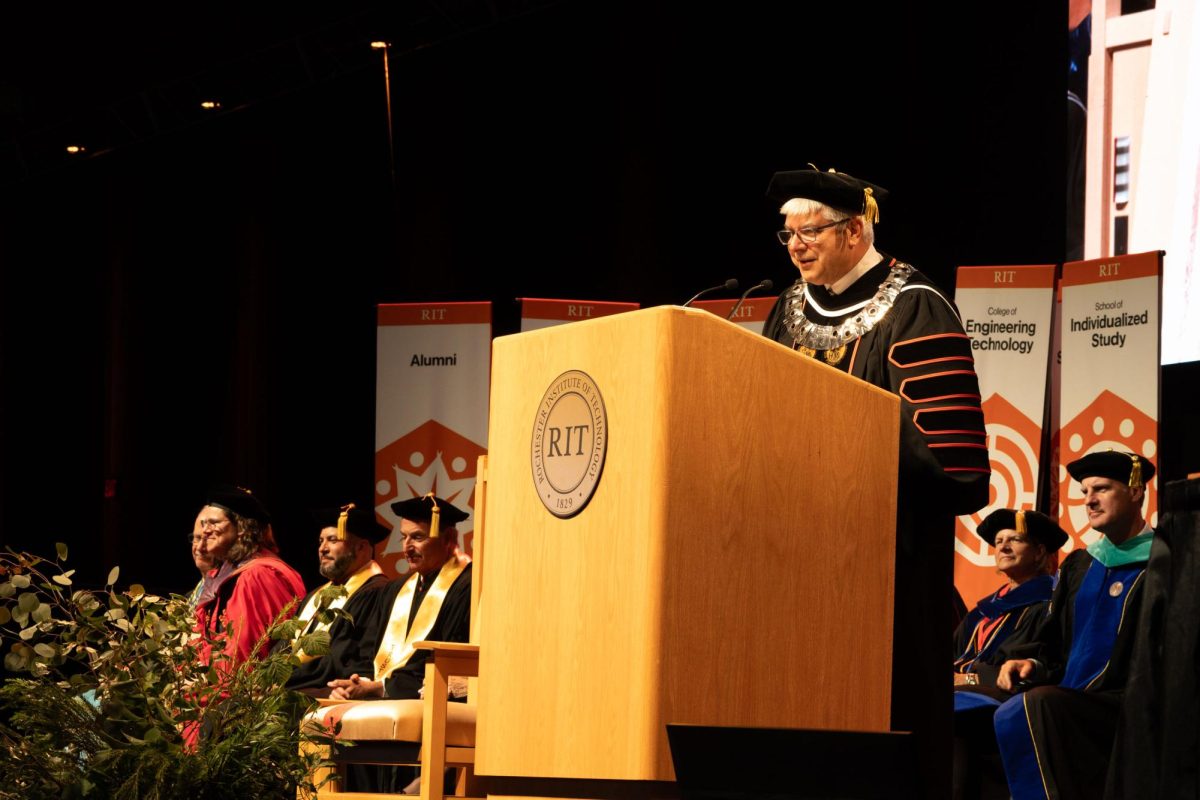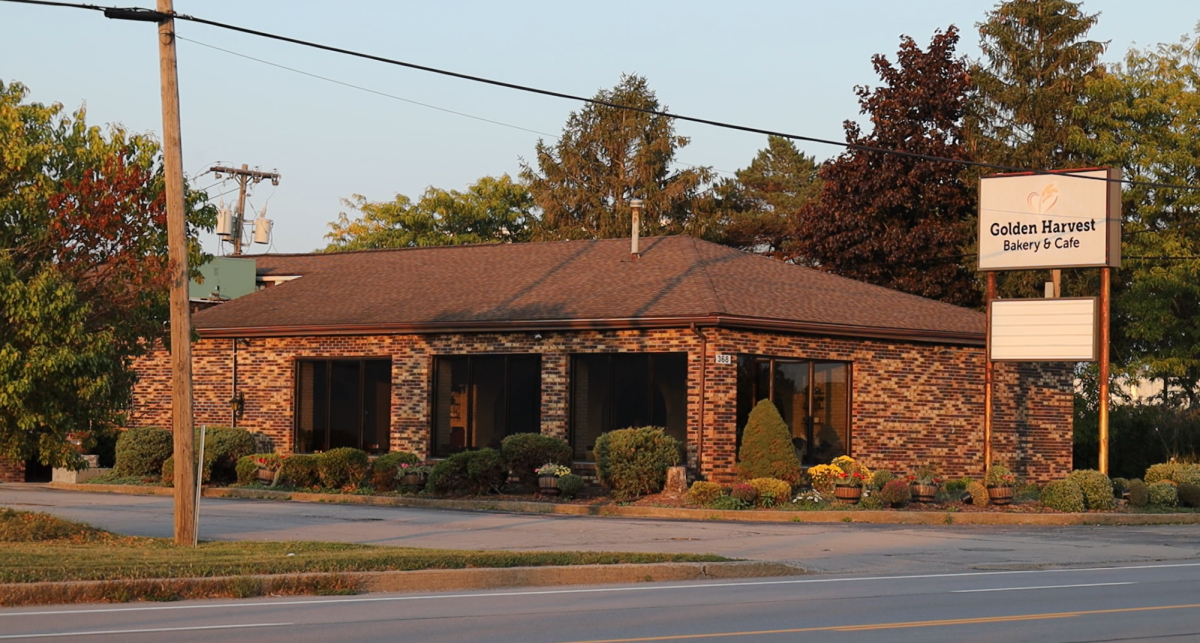On March 18, 2024, RIT’s Muslim Student Association (MSA) held their first Iftar event after the beginning of Ramadan on the 11th. Iftars are the first meal Muslims take after breaking their fast for the day. What made this specific Iftar special was not only its theming around Turkish heritage, but its manifestation of the work MSA puts into their events.
The Iftar Event
For the duration of this year’s Ramadan, MSA has planned out consecutive Iftars centering on different cultures that go under-represented on campus. A student who is a part of that culture joins MSA’s e-board in planning out the event. Nisa Gulbay, a fourth year Political Science student, was the first to be approached for this Turkish Iftar.
“I was approached by the MSA president and he told me about how he has an idea of doing a different culture each week,” Gulbay recalls, “I do really take pride in my Turkish identity, so I was happy that I could show it.”
“I do really take pride in my Turkish identity, so I was happy that I could show it.”
With this being the first event, the projected number of attendees started off small. What started as a planned 150 RSVPs rapidly grew to 180, then again to over 200. The Turkish Society of Rochester, the caterer for this Iftar, followed suit in maximizing their supplies.
To see this increase in turnout, a lot of work had to come from the ideation and planning process. Umaima Nisar, a second year computer science major and MSA’s vice president, commented on this.
Nisar stated, “The planning for the Turkish Iftar was a lot more than most events… I would say that [past events] were mainly just that you could come and get food and chill with your friends. But our events now have a lot more purpose.”
Making Ideas a Reality
Even to this day, MSA struggles to find spaces where they can hold their events. From issues with RIT’s booking policies, to needing a substantial space to hold possibly hundreds of people and their food. What they manage to get, they make work.
The Turkish Iftar was held on the fourth floor of the Student Hall for Exploration and Development (SHED), making it difficult to transport all the supplies. Additionally, classes occupied the space right up to when the event was about to start. Gulbay noted the tremendous effort it took to pull everything together.
She commented, “I feel like in that 30 minutes we really made magic happen… So I think that made us really happy and proud that we were able to accomplish that in less time but also get that vision that we wanted to a reality.”
Both Gulbay and Nisar give credit to the special care put into marketing, too. Their Instagram account will post announcements two weeks prior, along with accompanying emails and Facebook posts to reach other audiences.
Nisar said, “There is a lot more planning, even to the smallest details: there would be little hints in our [Instagram] stories, even the fonts. Every little thing is planned and organized.”
Goals in Inclusivity
While Gulbay and Nisar take pride in this process, the results on the side of the attendees also reflect this. Beyond the general numbers, people from the MSA’s of other colleges such as UofR and St. John Fisher were in attendance. Gulbay was accompanied by her family, who helped out with the food, and other families in the Rochester community took part.
“Regardless of religion, race, gender, I saw a vibrant room in there full of diversity, and that made me really happy,” said Gulbay, “[There were] a lot of people who want to be consistent in coming to events from now on just because they had a great experience with this one.”
“[There were] a lot of people who want to be consistent in coming to events from now on just because they had a great experience with this one.”
MSA also believes in improving the turnout of women at their events. Although increasing overall turnout may help, they have also put effort into featuring women as alumni panelists and keynote speakers. Noor Night, for example, was an event held on March 8, 2024 that featured author Fatima El-Hindi as their keynote speaker.
As MSA’s vice president, and their former director of sister affairs, Nisar also works to make the space feel inclusive for other women.
She stated, “If people are able to see that there are women on leadership, if girls can see that there’s other girls, they’ll feel more included because there is someone who can hear their problems, hear their concerns.”
Through the importance of Ramadan to Muslims, RIT’s MSA utilizes its Iftars to achieve their goal of fostering a sense of community on campus and uniting people under shared beliefs (and shared food). These events drew in people from across the RIT and general Rochester communities, and with this success they demonstrate their work towards continuous improvement.








